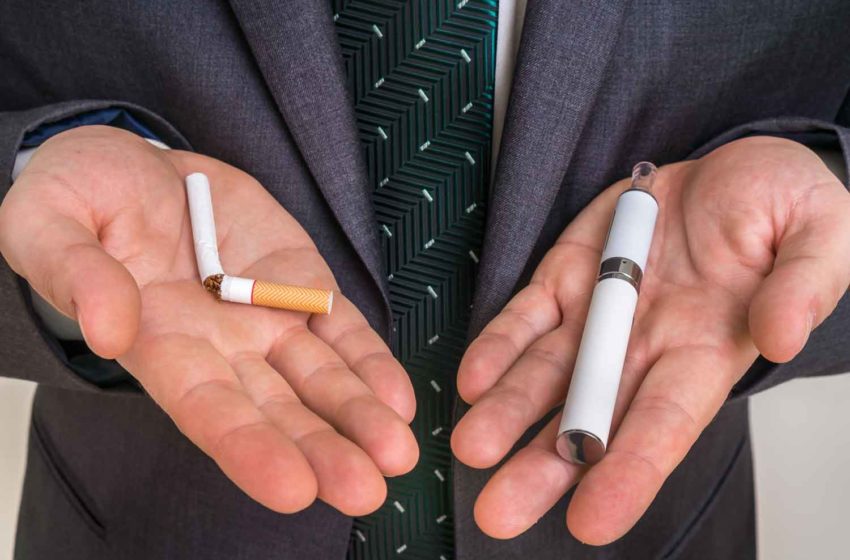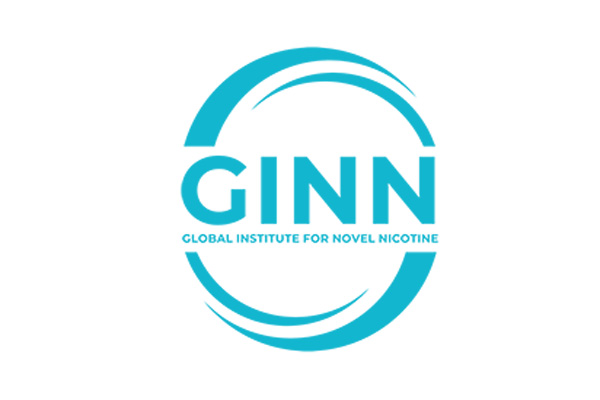The economic importance of hemp is increasing globally and in the United States. However, because federal laws restricted hemp growth and research until recently, commercial hemp production lacks best practices for cultivation, including effective and safe pest and disease management.
The Foundation for Food & Agriculture Research’s (FFAR) Hemp Research Consortium is providing Cornell University with a $210,000 grant to identify biologically derived crop protection products—biopesticides—to control hemp’s major pest and disease threats.
BioWorks and the University of Kentucky (UK) are participating in the research, and BioWorks is providing matching funds for a total investment of $420,000.
“Research on hemp production is still in its infancy, and pests and disease can be an overwhelming challenge for many growers,” said Kathy Munkvold, FFAR scientific program director. “This project is providing actionable knowledge that will help the hemp production industry thrive.”
Companies developing crop protection products currently focus on fruit, vegetable, and commodity crops such as corn and soy, rather than newer crops like hemp. This project seeks to fill that gap through a partnership between academic institutions and industry, according to a press release.
Researchers at Cornell, BioWorks and UK, led by Christine Smart, director of Cornell AgriTech, are determining the effectiveness of biopesticides against several hemp diseases and investigating the tolerance of hemp crops to these products.
They are also studying the compatibility of biopesticides with other crop protection products used in hemp production. In addition, the team is examining how long the microbes in bioproducts remain on the plant, which is important for product application timing and post-harvest hemp microbial testing required for some hemp products.
The research will broaden the understanding of how to effectively manage the pests and diseases that undermine hemp production and inform recommendations for controlling those threats. Ultimately, growers will save money through the proper use of inputs and higher crop yield, and consumers will gain more comprehensive access to safe, high-quality hemp products, according to a press release.
“Hemp growers are looking for information on pest and disease control, and I am enthusiastic that this project will enable improved management strategies,” said Smart.
To learn more about this grant, visit the Evaluating Biopesticides for the Treatment of Hemp page on FFAR’s website.














 Accorto Regulatory Solutions has joined the Global Institute for Novel Nicotine (GINN), an organization dedicated to advancing tobacco harm reduction through supporting the research and development of non-vaporized tobacco alternatives for adult smokers. The GINN also promotes compliance standards, focusing on youth access prevention, responsible marketing and product quality.
Accorto Regulatory Solutions has joined the Global Institute for Novel Nicotine (GINN), an organization dedicated to advancing tobacco harm reduction through supporting the research and development of non-vaporized tobacco alternatives for adult smokers. The GINN also promotes compliance standards, focusing on youth access prevention, responsible marketing and product quality.




